Features
CHIQUITA TO PAY FOR PARAMILITARY TERROR
by Ingrid Burke Friedman, JURIST
Chiquita’s money helped buy weapons and ammunition used to kill innocent victims.
— US Government sentencing memo, 2008
In 2007, Chiquita—one of the world's largest banana producers — admitted that for years it had been knowingly paying a Colombian terrorist organization to protect its operations in the country. The consequence was predictably violent, allegedly resulting in thousands of murders, disappearances, and acts of torture. This week, nearly two decades later, a federal jury in South Florida ordered the company to pay upwards of $38 million in damages in the first of multiple waves of wrongful death and disappearance lawsuits.
THE NEW ZAPATISTA AUTONOMY
by Uri Gordon, Freedom
Last week the Zapatista National Liberation Army (EZLN) released a declaration, setting out a new decentralized structure for the autonomous indigenous communities in Mexico's southern state of Chiapas. To get more insight into this change and its significance, Freedom spoke to Bill Weinberg, a longtime journalist and anarchist in New York City. His book about the Zapatistas, Homage to Chiapas: The New Indigenous Struggles in Mexico, was published by Verso in 2000. He spent much time in Chiapas and elsewhere in Mexico during the 1990s, covering the indigenous movements there, prominently including the Zapatistas. In recent decades he has been spending more time in South America and is now completing a book about indigenous struggles in the Andes, particularly Peru. He continues to follow the Zapatistas and Chiapas very closely, and covers world autonomy movements on his website CounterVortex.org.
GAS INTRIGUES, ECOLOGY & THE UKRAINE WAR
by Eugene Simonov and Jennifer Castner,
Ukraine War Environmental Consequences Work Group
Over the last several decades, Russia has sought to expand its customer base for natural gas exports, efforts which necessitate the construction of pipelines from fossil fuel deposits in Russia's north to Europe and China. At the same time, fossil fuel exports are a valuable tool for Russia's geopolitical influence. Since the start of the war in Ukraine in 2014 and the full-scale invasion in 2022, the economic and political stakes have skyrocketed. Russia's national and regional green movements have played a vital role in decision-making about pipeline routes and negotiations in parallel. In the last few years, however, their activity has attracted increasingly harsh scrutiny from the Russian government, which has seen a growing number of organizations branded "undesirable" or declared "foreign agents."
UKRAINE'S DIFFICULT PATH TO JUSTICE
by Mariia Lazareva and Erik Kucherenko, Jurist
On August 21, 2023, Ukraine's capital of Kyiv hosted a large international conference entitled Special Tribunal for the Crime of Aggression against Ukraine: Justice to be Served. The conference was aimed at reinvigorating global efforts to prosecute the crime of aggression against Ukraine—a crime which cannot be prosecuted under the current jurisdictional regime of the International Criminal Court. The conference was especially relevant given that, despite optimistic expectations at the beginning of the year, disagreements between Ukraine and its allies have left some wondering: in the end, will justice be served?
GAZA'S SHOCK ATTACK: UNVEILING THE CONTEXT
by Haggai Matar, +972 Magazine
This is a terrible day. After waking up to air sirens under a barrage of hundreds of rockets fired on Israeli cities, we have been learning about the unprecedented assault by Palestinian militants from Gaza into Israeli towns bordering the strip.
News is flowing in of at least 40 Israelis killed and hundreds wounded, as well as some reportedly kidnapped into Gaza. Meanwhile, the Israeli army has already begun its own offensive on the blockaded strip, with troops mobilizing along the fence and air-strikes killing and wounding scores of Palestinians so far. The absolute dread of people who are seeing armed militants in their streets and homes, or the sight of fighter jets and approaching tanks, is unimaginable. Attacks on civilians are war crimes, and my heart goes to the victims and their families.
CRIMEA: UKRAINE'S OTHER NATIONAL LIBERATION STRUGGLE
by Yevgeny Lerner
Many would-be “peacemakers” on the political right as well as on the political left, including even some on the libertarian left, have “very helpfully” suggested that Ukraine should give up some territories, which they describe as “Russian-speaking,” in order to appease the aggressor.
UKRAINE: DEBUNKING RUSSIA'S WAR PROPAGANDA
by Bill Weinberg
The war in Ukraine has left cities in ruins, displaced 12 million people, and brought the world to the brink of nuclear disaster. Why did Putin invade Ukraine?
Upon launching the invasion at the end of February, Putin said his aims were ensuring that Ukraine is “neutral,” “de-nazified” and “demilitarized.”
Putin has appropriated the rhetoric of anti-fascism, and his state-controlled media have for years portrayed the Ukrainian leadership as “Nazis.” Increasingly, the words “Ukrainian” and “Nazi” are used interchangeably.
RUSSIA'S STRATEGY TO DESTABILIZE THE BALKANS
by Nicholas Velazquez, Geopolitical Monitor
Russia's relationship with Serbia, a state in the heart of the contentious Balkans, will almost certainly be leveraged to imperil European security for the foreseeable future. Serbian President Aleksander Vucic, a former Europhilic parliamentarian turned autocratic leader, continues to advance Russia's destabilizing efforts in the region. Russia's close relationship with Serbia allows for the Kremlin to develop ties with nationalist elements in the Serb diaspora throughout the Balkans to destabilize Kosovo, Bosnia, and other pro-Western states in the region.





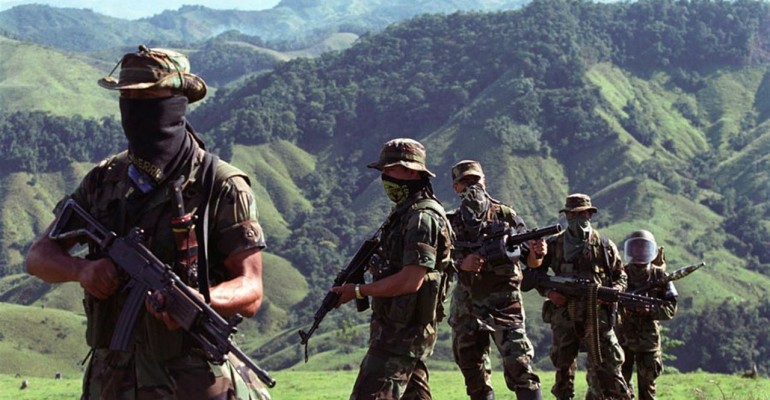
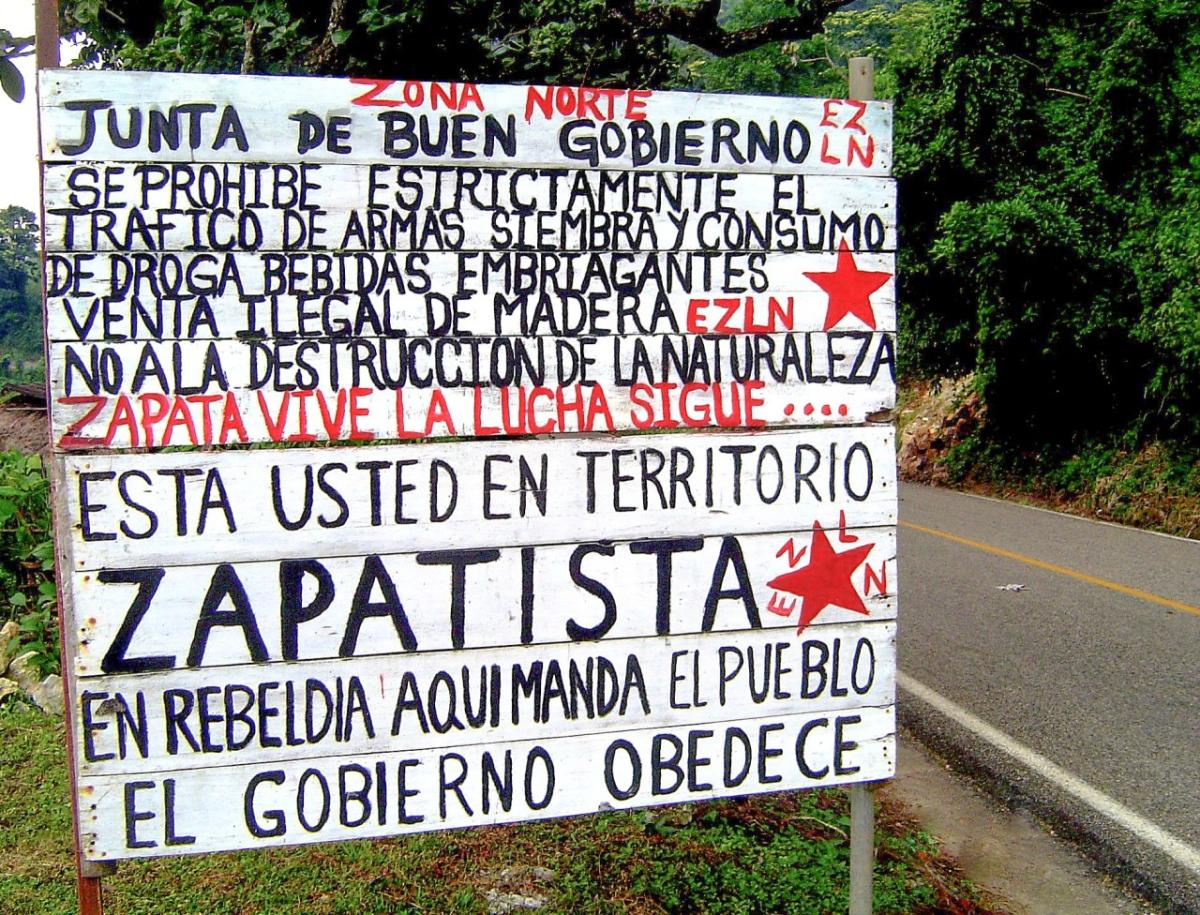
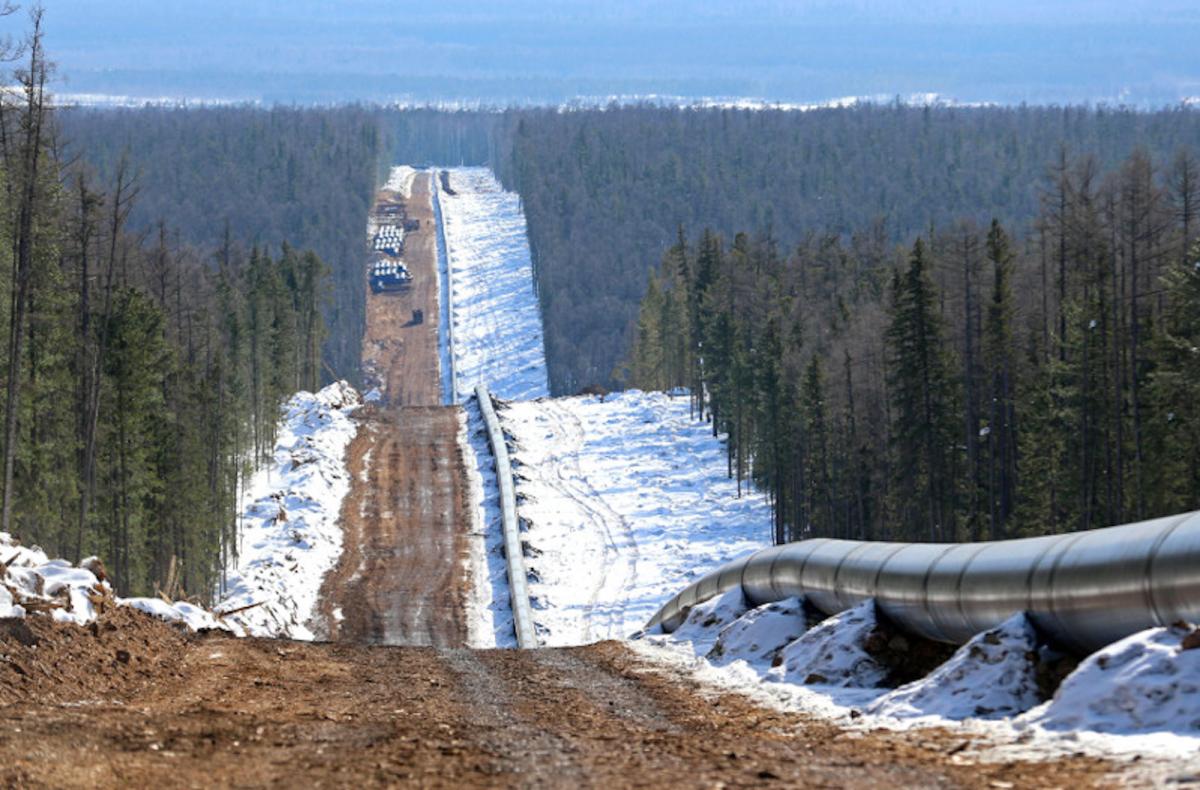

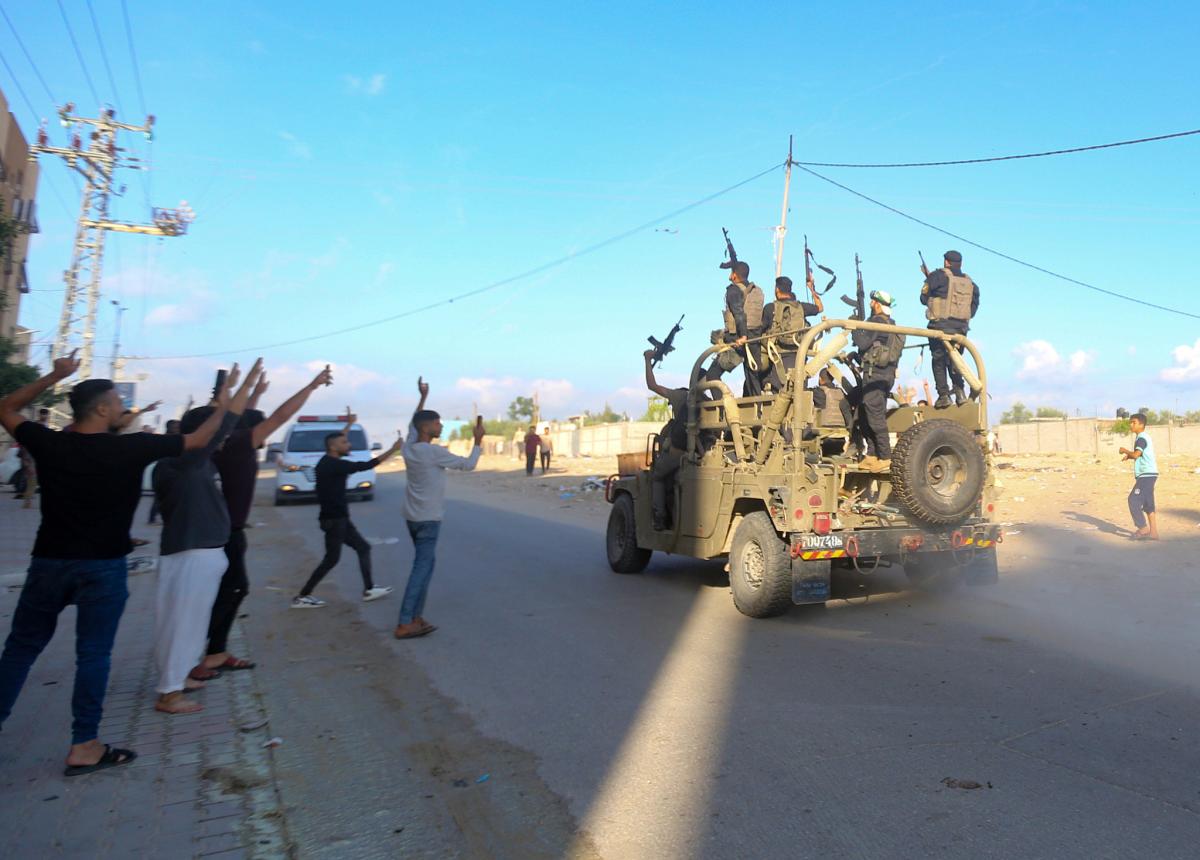
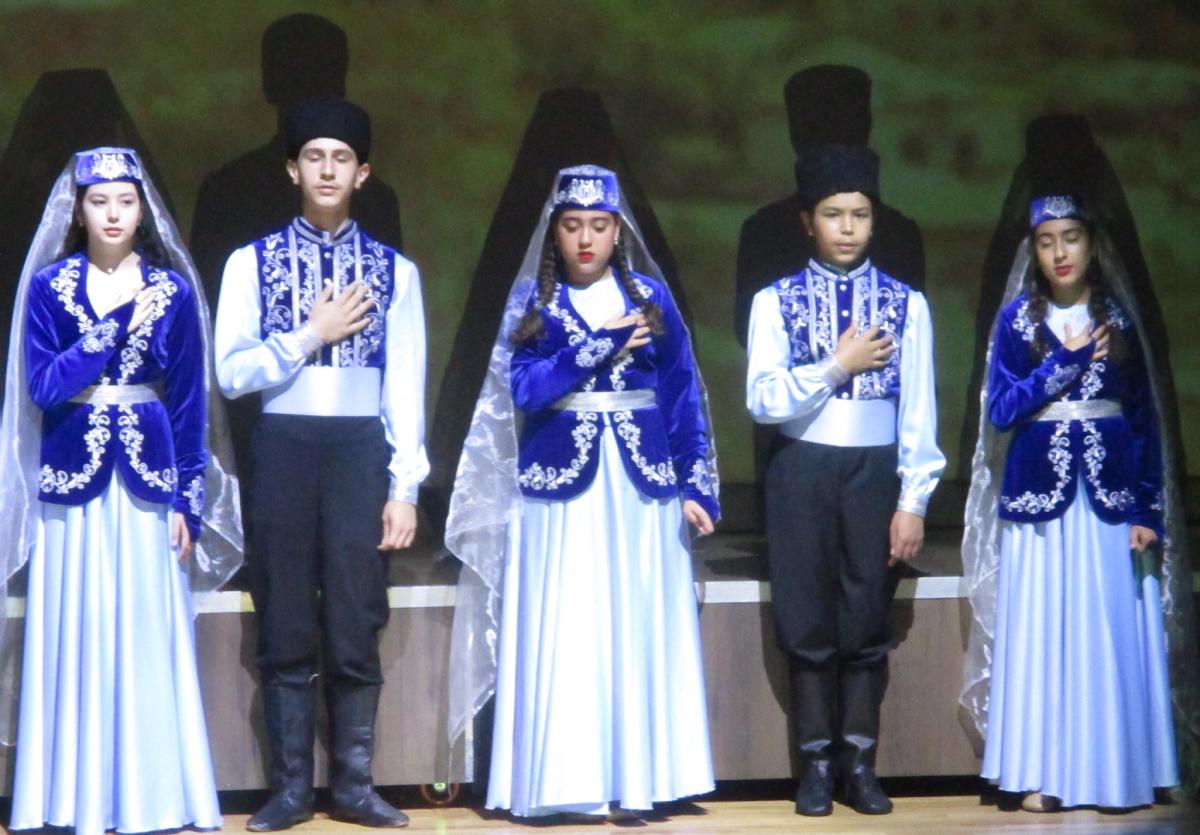
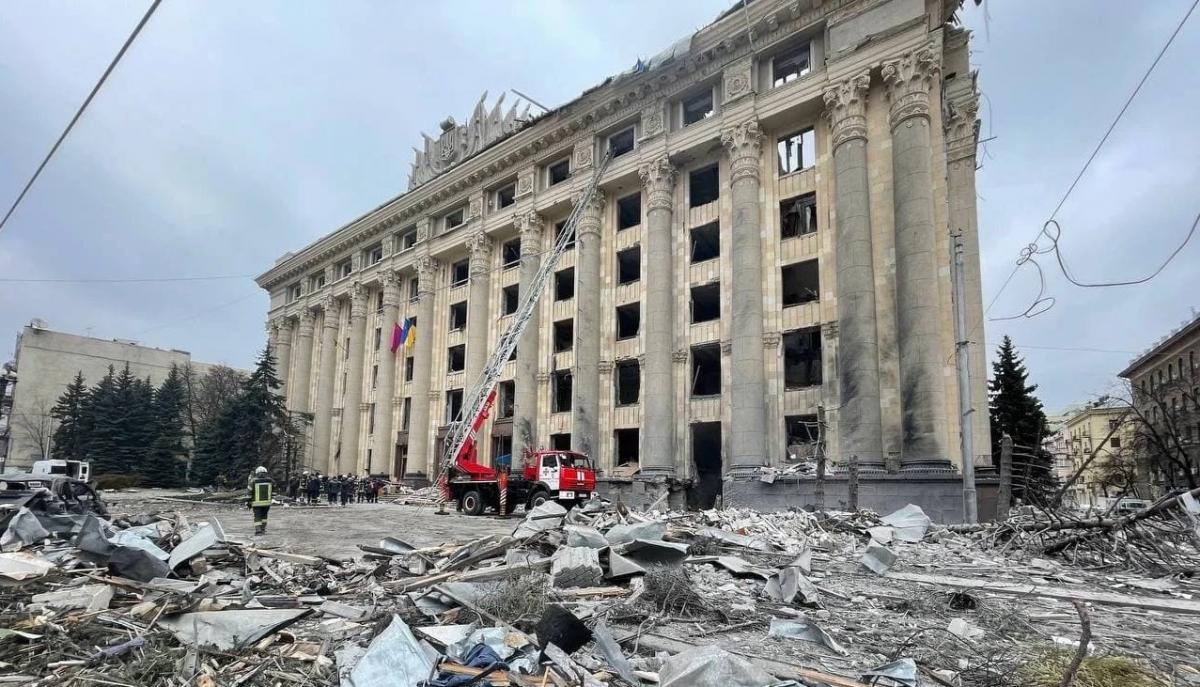
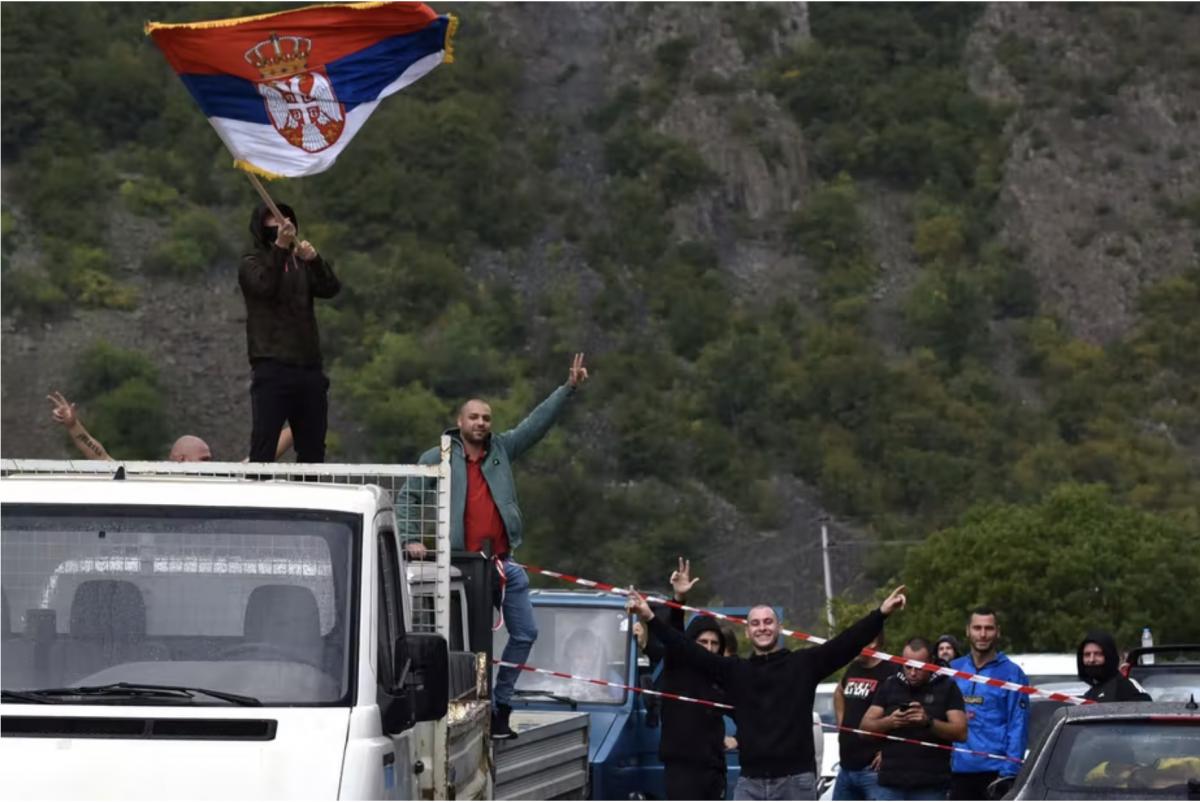










Recent Updates
2 days 16 min ago
2 days 41 min ago
2 days 1 hour ago
3 days 1 hour ago
3 days 2 hours ago
3 days 3 hours ago
3 days 4 hours ago
3 days 4 hours ago
4 days 1 hour ago
4 days 5 hours ago